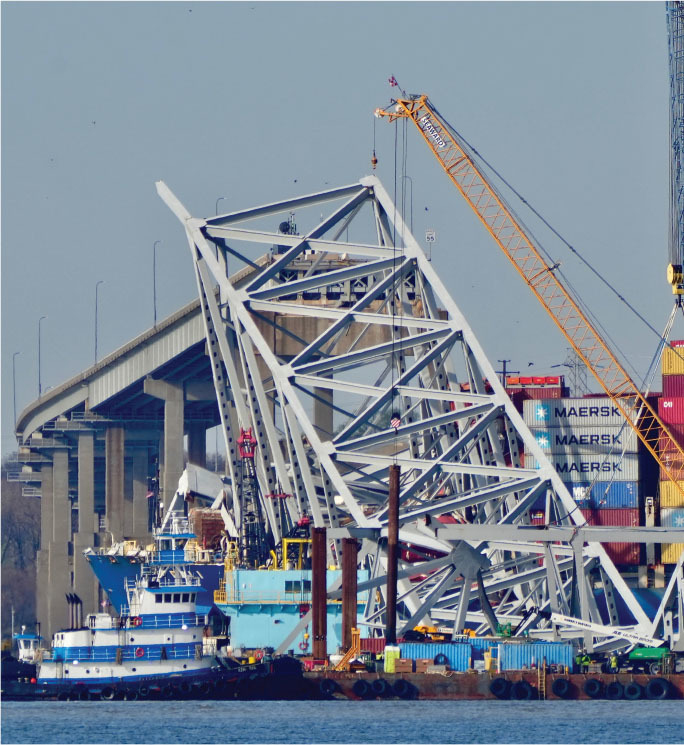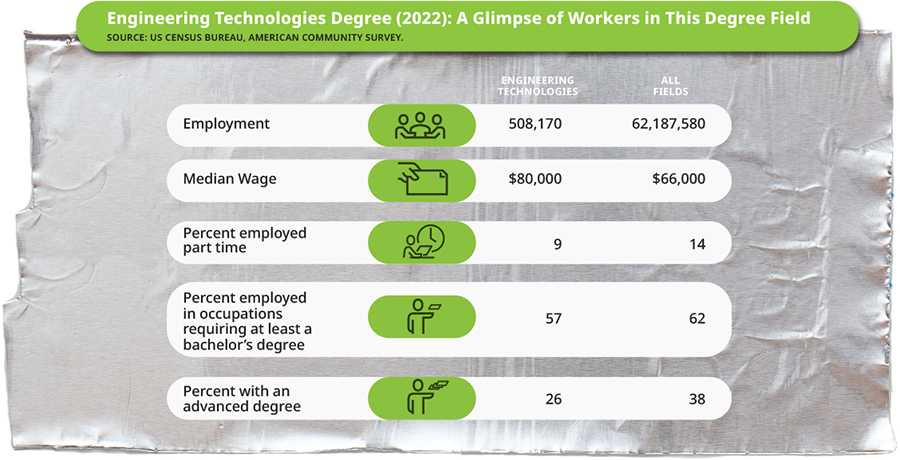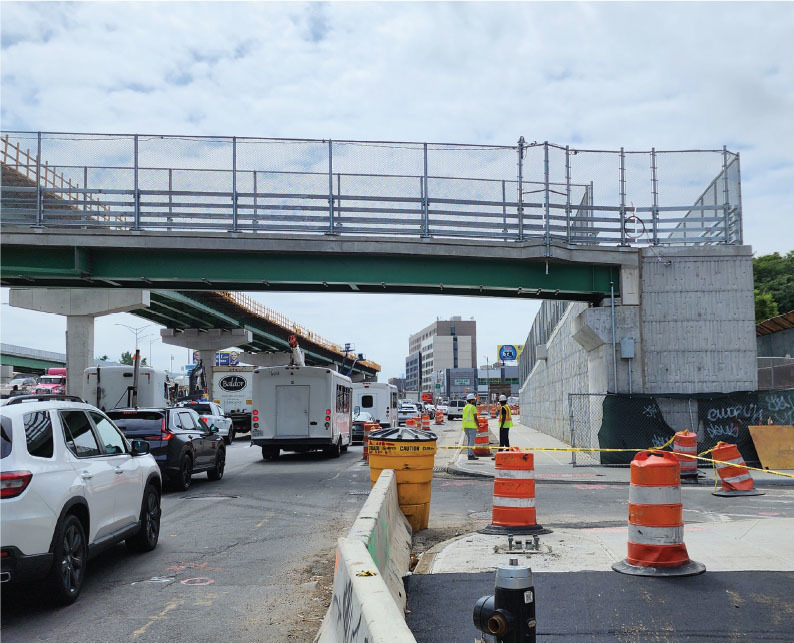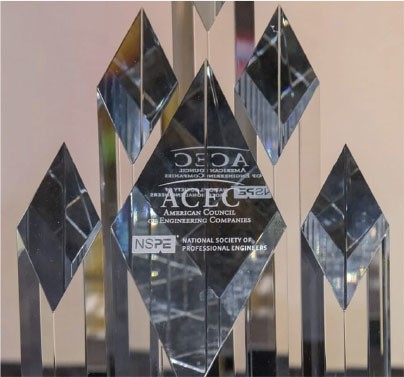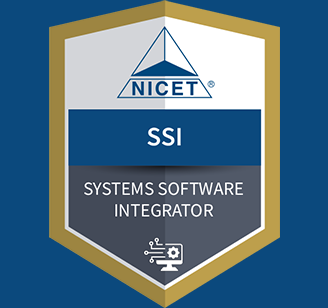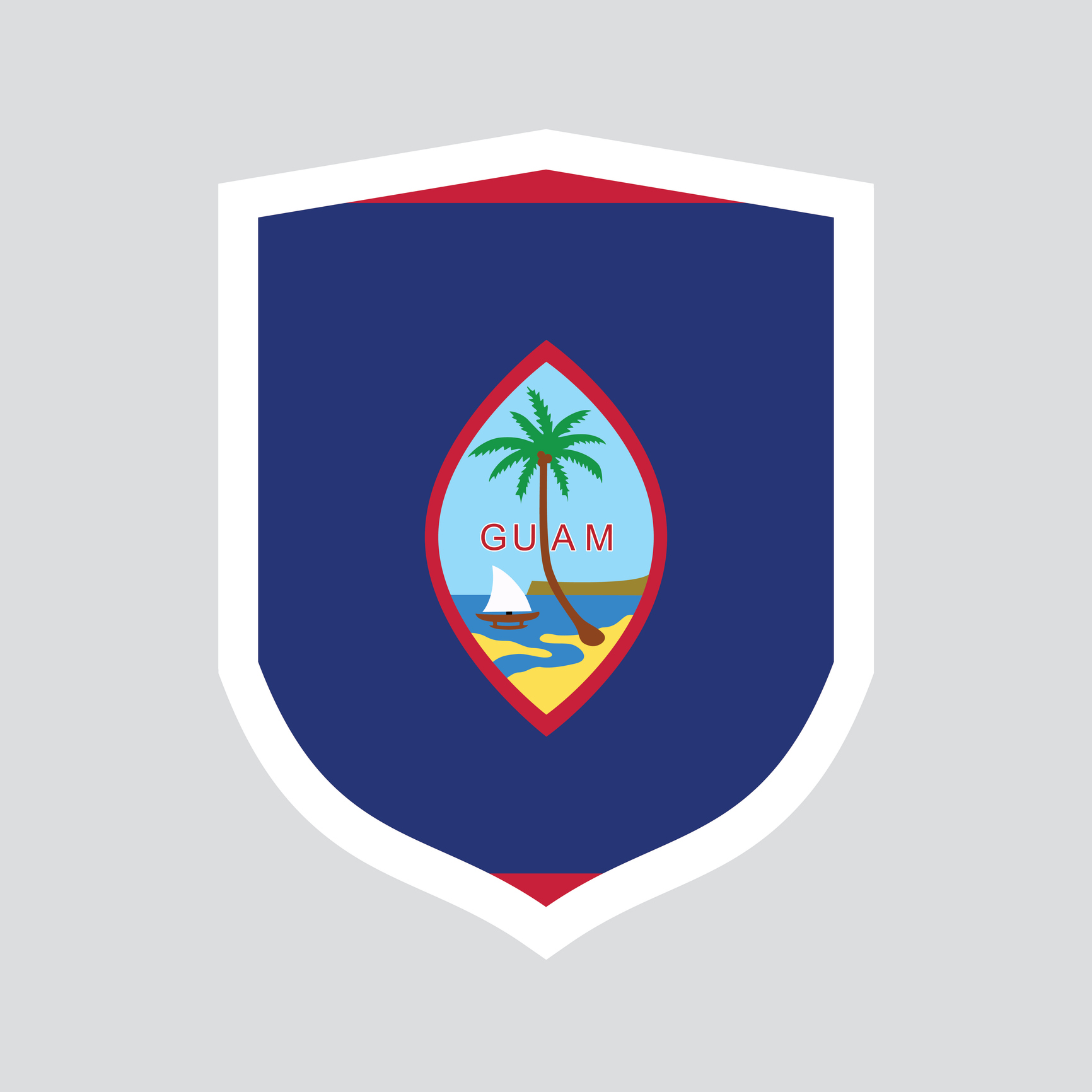July/August 2017
PE Report
Kansas PEs Become Vital Factor in Amusement Ride Safety
Rollercoasters and water slide rides can provide many hours of family fun. Yet, when safety isn’t ensured, those rides can lead to injury or even death. In response to the tragic fatality of a 10-year-old last year on a water slide at a Kansas City water park, PEs will now be a part of the safety inspection process for amusement rides.
In April, Governor Sam Brownback approved safety amendments to the Kansas Amusement Ride Act, which include licensed professional engineers as “qualified inspectors” in addition to establishing registration and inspections requirements, and other rules and standards for the operation of amusement rides.
KSPE Executive Director Travis Lowe testified during a House Federal and State Affairs Committee hearing in March that professional engineers are licensed to ensure public safety. KSPE President Keith Beatty, P.E., also submitted testimony in support of the safety amendments in the legislation.
The legislation (S.B. 70), which became effective July 1, amended the definition of “qualified inspector” for annual inspections. Under the new definition, an inspector must be a licensed professional engineer with at least two years of experience in the amusement ride field. Licensed engineers must also have at least one year of ride inspection experience under a qualified inspector for a manufacturer, government agency, amusement park, carnival, or insurance company in addition to practicing any combination of amusement ride inspection, design, fabrication, installation, maintenance, testing, repair, or operation. The law also requires that rides be constructed, maintained, operated and repaired based on American Society for Testing and Materials International F24 Committee standards.
The law still allows individuals who are not licensed engineers to serve as “qualified inspectors” if they have five years of experience in the amusement ride field with at least two years of ride inspections under a qualified inspector in addition to practicing any combination of amusement ride inspection, design, repair, or operation. Individuals can also serve as qualified inspectors if they have attained qualified training and certification from organizations such as the National Association of Amusement Ride Safety Officials or the Amusement Industry Manufacturers and Suppliers International.


 Volunteering at NSPE is a great opportunity to grow your professional network and connect with other leaders in the field.
Volunteering at NSPE is a great opportunity to grow your professional network and connect with other leaders in the field. The National Society of Professional Engineers (NSPE) encourages you to explore the resources to cast your vote on election day:
The National Society of Professional Engineers (NSPE) encourages you to explore the resources to cast your vote on election day: